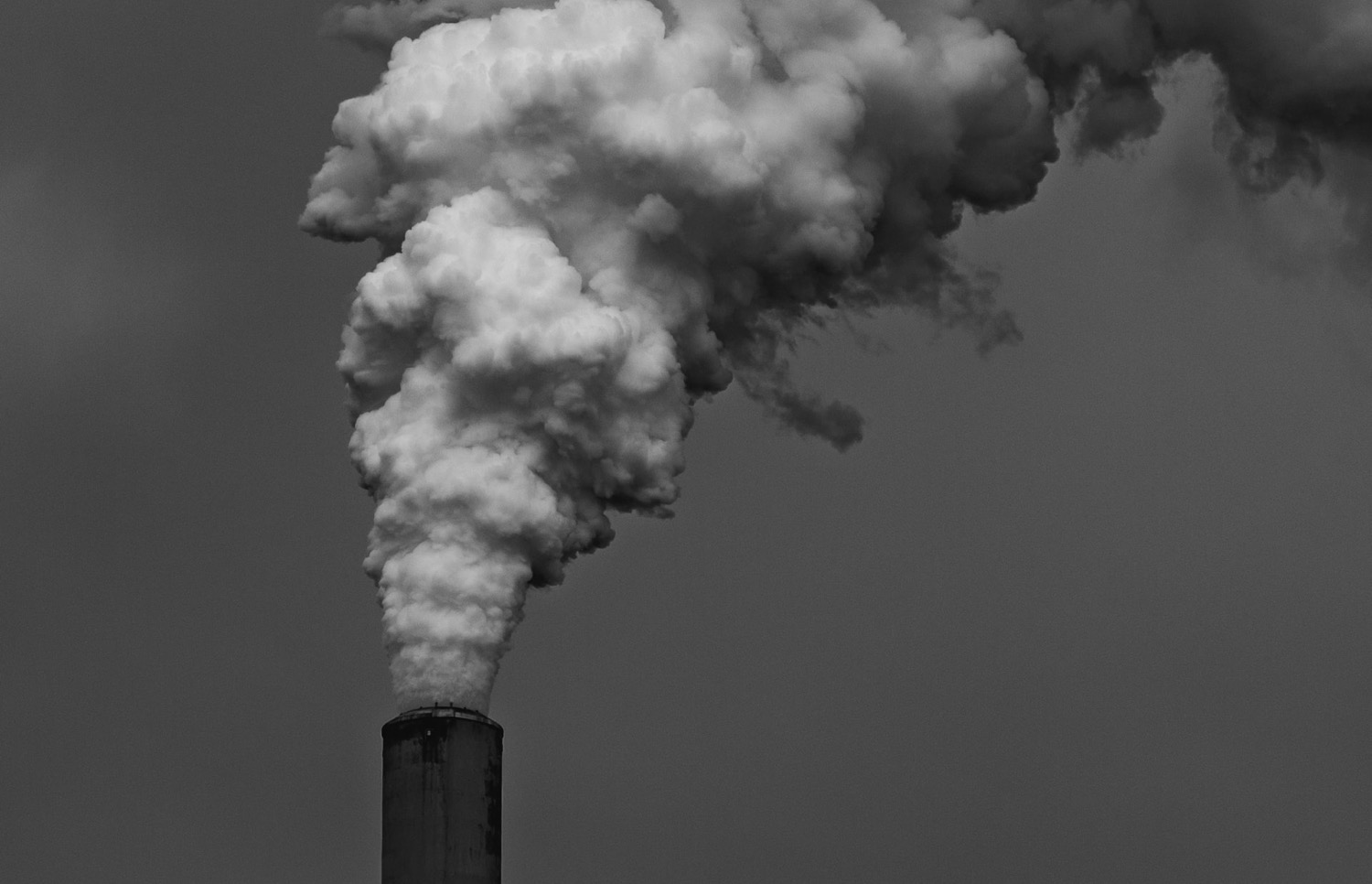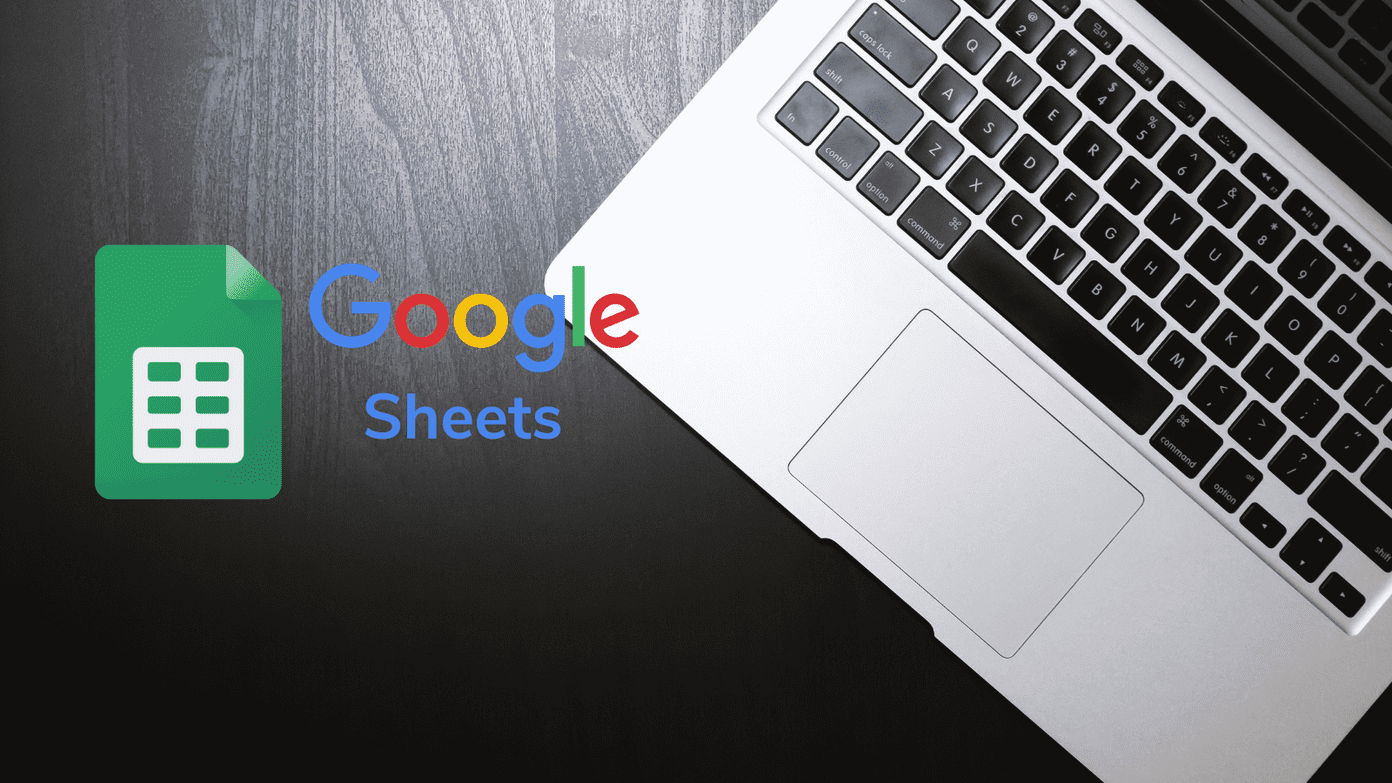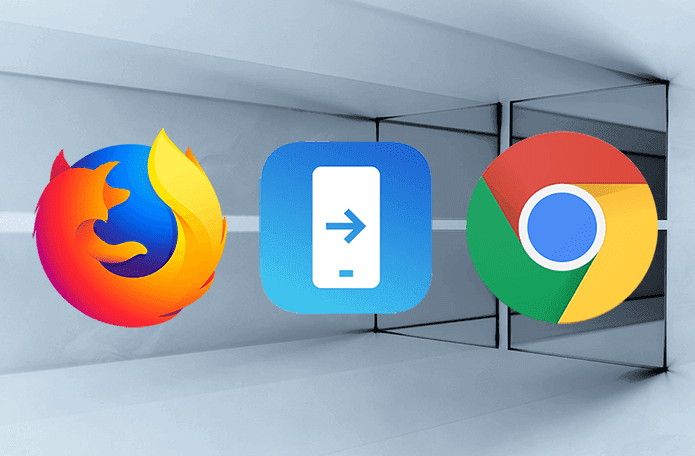But if the air around you ‘looks’ clean, do you need to buy an air purifier? Do they help in filtering the air from harmful particles? More importantly, which devices are apt for you? Well, that’s what we will find out in this post as we dig deep into the workings of an air purifier and see if you need to buy an air purifier. Let’s gate started, shall we? But first,
Take a look at these handheld vacuum cleaners for cars Here are the best cordless stick vacuum cleaners Take a look at these renter-friendly smart home gadgets that you can buy
How Do Air Purifiers Work
In the simplest form, an air purifier works by sucking air through the sides, passing it through a series of filters and pushing the filtered air from the top or sides. The filters can be a simple fabric layer to catch hair, fiber, and pet dander. Or, it may be a series of filters to minimize the chances of air impurities.
And it’s not just the filters that matter in a purifier. The ACH or Air Changes per Hour also plays a major role. ACH is an indication of how much air the purifier would exchange in an hour. A high ACH means you will have more clean and fresh to breathe. For instance, you wouldn’t want a low ACH purifier for a big room. Besides cleaning the air, most air purifiers sanitize the air and trap bad odors, smoke, and VOCs (Volatile Organic Compound). However, most of it depends on the type of filters inside an air purifier.
Different Types of Filters & Conditions
As noted earlier, a purifier bundles a slew of filters inside. One of the most common filters in the mid-segment is a carbon filter. It is usually one of the first set of filters and cleans the air from odors. So if your house smells of pets or has a persistent cooking smell, an air purifier with an activated carbon filter will eliminate them in a short time. At the same time, carbon filters absorb gasses and VOCs from the air. It is especially important if you have a freshly painted house or live near an industrial zone. Regarding VOCs and gasses, some devices like the Okaysou AirMax8L also pack cold catalyst filters to clear out the harmful gasses efficiently. The second type of filter common with premium air purifiers is a True HEPA (High Efficiency Particulate Air) filter. It’s usually the last filter and clears out microscopic dust elements and allergens from the air. On paper, HEPA filters can clear at least 99.97% of airborne pollutants like pollen, dust, allergens, mold, and basically any airborne particulates with a size of 0.3 microns (µm). Aside from the above, some air purifiers come with an additional anti-microbial filter, ultraviolet filters, or formaldehyde filters. The former helps to eliminate airborne germs, while formaldehyde filters (you guessed it right!) remove formaldehyde from the air. For those unaware, wood or fiber-based products which use Formaldehyde resin release this chemical into the air. However, if you are allergic to dust or dust mites, an air purifier with an ionizer will help you the best. When switched on, these filters emit negative ions to charge floating dust particles and dust mites and collect them. However, ionized filters are not allowed in certain regions like California, and you will have to check the California Air Resources Board (CARB) for regulations. In a nutshell, most air purifiers do the double duty of cleaning the air and removing pollens and other allergens from the air to a certain extent. The latter means you can sleep better at night without your airways closing in.
Filter Replacement Costs and Energy Efficiency
Like most appliances like air conditioners and dehumidifiers, air purifiers also come with an upkeep cost. Depending on the make of the purifier, you may need to replace the filters at a fixed time, or when they get clogged. There are some air purifiers with washable filters. You can run the filter under cold water to remove the trapped particles. And when dry, you can re-install it again. However, not all air purifiers let you wash the filters or clean them with a vacuum cleaner. But in the case of premium filters, you will have to go through the replacement route. Most HEPA filters last for about 6 months to a year. For example, the Levoit Core 400S has a 3-stage filtration process and its filters last for around a year. On the other hand, purifiers like Dyson Hot & Cool alert you when the filters need to be replaced.
Should You Buy an Air Purifier
That’s how air purifiers work. If you want the air inside your house to be free of harmful chemicals, dust mites, pet dander, and odor, then why not? However, the mantra is to find one that fits your requirement the best. For example, if you have been struggling with pet dander and pet odor, you should focus on an air purifier that bundles extensive pre-filters and carbon filters to minimize the odor and the floating pet hair. Two of the best purifiers for pets are the Winix HR900 Air Purifier and the Levoit Core 300 (check best vacuum cleaners for pets). On the other hand, if you are about to welcome a baby and want clean and sanitized air, you can look at the Dyson Pure Hot & Cool. It’s more expensive than its counterparts above but comes with an extensive array of features that make it a charm to use. However, a purifier with a powerful True HEPA filter like the Coway Airmega 400 suits the folks who have allergies and asthma. After you narrow down to few models, all you need to do is compare the features, check the size of your room against its capacity, and then pick one. The above article may contain affiliate links which help support Guiding Tech. However, it does not affect our editorial integrity. The content remains unbiased and authentic.










